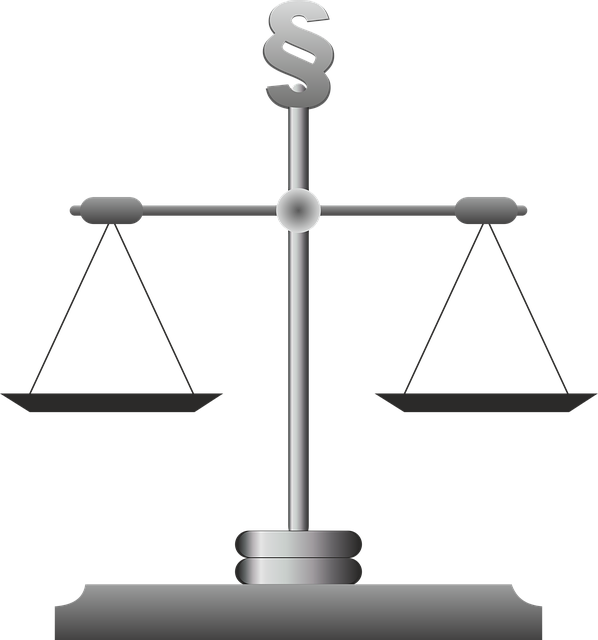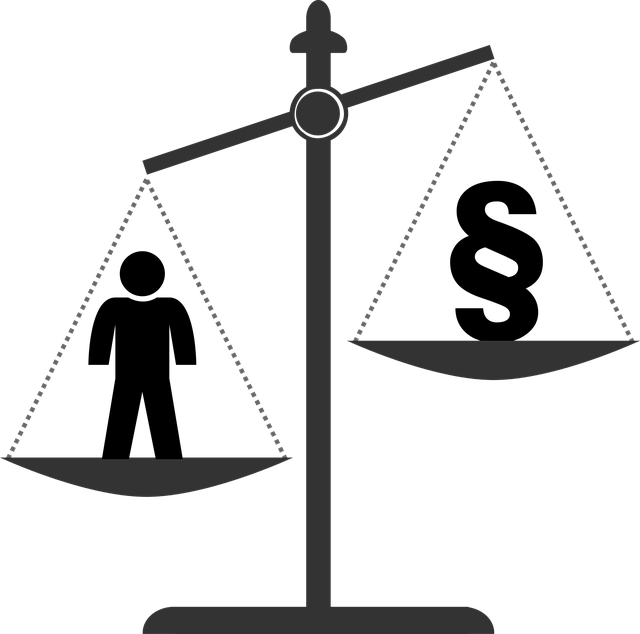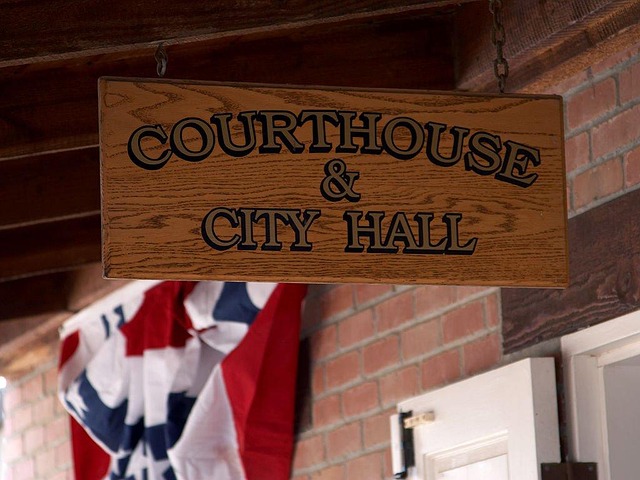C-Level Investigations tackle high-stakes cases involving executives, focusing on complex legal and financial misconduct. Specialized lawyers protect defendants' rights in criminal cases, ensuring fair representation and defense strategies. Meticulous planning, assessment, and transparent communication are key, balancing thoroughness with respect for individual rights to uphold public trust in the justice system. These investigations hold individuals and organizations accountable, driving regulatory reforms and promoting business integrity through complex legal scenarios.
“In the realm of corporate governance, C-Level investigations play a pivotal role in upholding integrity. This comprehensive guide delves into the intricacies of these high-stakes inquiries, focusing on defendants’ rights in criminal cases. From understanding the scope and process to exploring legal considerations, we dissect key steps like launch procedures and fairness assurances. The article further highlights the impact and outcomes of C-Level investigations, shedding light on their influence in shaping legal landscapes and safeguarding corporate accountability.”
- Understanding C-Level Investigations: A Comprehensive Overview
- Defendants' Rights: Protections in Criminal Proceedings
- The Launch Process: Steps for Initiating an Investigation
- Legal Considerations: Ensuring Fairness and Transparency
- Impact and Outcomes: How Investigations Shape Legal Landscape
Understanding C-Level Investigations: A Comprehensive Overview

C-Level Investigations refer to high-level probes into individuals or organizations at the executive and board level, often involving complex legal and financial matters. These investigations are typically launched in response to allegations of misconduct, fraud, or other criminal activities. Understanding the nuances of C-Level Investigations is crucial, especially for those involved in white collar defense, as it directly impacts defendants’ rights in criminal cases. The process demands a meticulous approach, ensuring every step is legally sound and proportionate.
An unprecedented track record of success in these complex scenarios is vital to navigating the legal landscape effectively. Lawyers specializing in white collar defense play a pivotal role in protecting their clients’ interests, guiding them through the intricacies of the investigation, and advocating for their rights throughout the legal process. This comprehensive overview aims to shed light on the critical aspects, ensuring individuals and organizations are well-prepared to face such challenges head-on.
Defendants' Rights: Protections in Criminal Proceedings

In criminal proceedings, defendants’ rights are paramount and must be rigorously upheld. These protections serve as a cornerstone in ensuring fairness and due process for all individuals accused of crimes, irrespective of their socio-economic status or political affiliations. The right to legal counsel is a fundamental aspect, allowing defendants to navigate the complexities of the justice system and avoid indictment if the charges are unsubstantiated. This right facilitates a proper defense, enabling those accused to present their case and challenge evidence against them.
Additionally, defendants have the privilege against self-incrimination, which safeguards their ability to remain silent during questioning. This protection is crucial in preventing coercion and ensuring that any confessions or statements made are voluntary. Furthermore, the right to a fair trial within a reasonable time framesets a limit on how long pre-trial detention can last, providing a safeguard against arbitrary or prolonged incarceration while awaiting trial. These rights are not just legal formalities but essential components of a just and equitable criminal justice system, also beneficial for maintaining trust in the institutions of the philanthropic and political communities.
The Launch Process: Steps for Initiating an Investigation

When launching a C-Level investigation, the process begins with a thorough assessment and planning phase. This involves identifying potential issues or violations, gathering initial evidence, and understanding the scope of the inquiry. It’s crucial to respect and protect the defendants’ rights in criminal cases throughout this stage, ensuring any collection of information adheres to legal standards.
Subsequent steps include formalizing the investigation with key stakeholders, such as senior management and legal counsel, who provide guidance and oversight. This phase involves defining objectives, assigning roles, and establishing protocols for data preservation and secure communication. A well-structured plan enables investigators to navigate complex scenarios, including white-collar defense strategies, while striving to achieve extraordinary results in general criminal defense cases.
Legal Considerations: Ensuring Fairness and Transparency

In the realm of C-Level investigations, fairness and transparency are paramount to uphold the integrity of the legal system. When conducting inquiries into high-level executives, it’s crucial to balance the need for thorough investigation with respect for the defendants’ rights in criminal cases. This involves ensuring due process throughout all stages of the investigative and enforcement process. The focus should be on gathering robust evidence while adhering to strict protocols designed to prevent any potential bias or misconduct that could compromise the rights of those under scrutiny, especially when they hail from influential circles within the philanthropic and political communities.
Transparency is key in mitigating perceptions of unfairness, particularly with white-collar defense at stake. Open communication and clear explanations of investigative findings can help maintain public trust. Moreover, it’s essential to provide defendants with ample opportunities to present their side of the story, ensuring a fair and balanced outcome that respects both the law and individual rights.
Impact and Outcomes: How Investigations Shape Legal Landscape

C-Level investigations play a pivotal role in shaping the legal landscape, with far-reaching impacts on both defendants’ rights in criminal cases and the overall justice system. These probes, often initiated to uncover misconduct or fraud at high-level corporate entities, can lead to significant outcomes. They serve as a powerful tool for holding individuals and organizations accountable, ensuring transparency and deterring future illegal activities.
The process involves meticulous scrutiny of evidence, witness interviews, and legal strategizing, ultimately aiming to achieve justice for victims and protect the interests of society at large. By delving into complex matters, investigations can expose systemic issues, leading to regulatory reforms and changes in corporate governance practices. This not only strengthens the legal system but also fosters a culture of integrity within businesses, as achieving extraordinary results in these cases often hinges on defending defendants’ rights while pursuing justice for all involved parties.
C-Level investigations, with their intricate legal considerations and far-reaching impacts, play a pivotal role in shaping the legal landscape. By understanding the process from initiation to outcome, we can appreciate the importance of fairness and transparency, particularly when it comes to Defendants’ Rights in Criminal Cases. Navigating these complex proceedings requires meticulous attention to detail, ensuring that every step is taken with integrity and respect for due process, ultimately upholding the principles upon which our justice system was founded.






